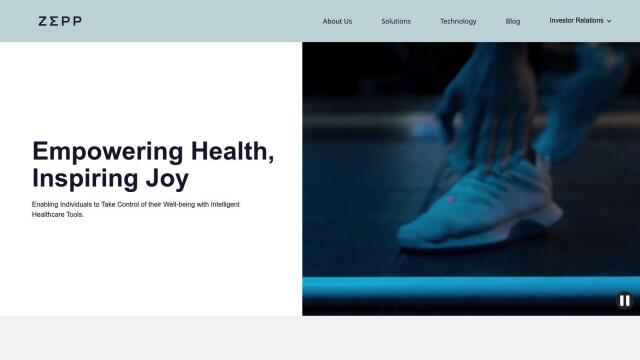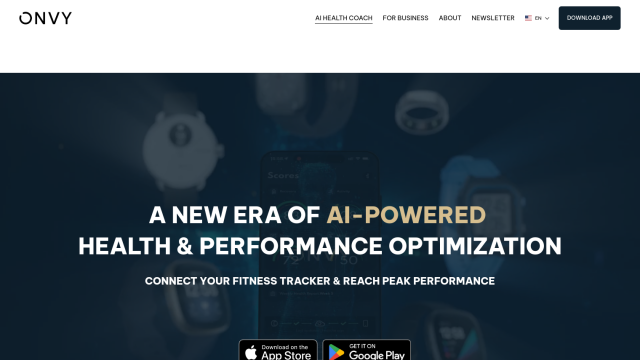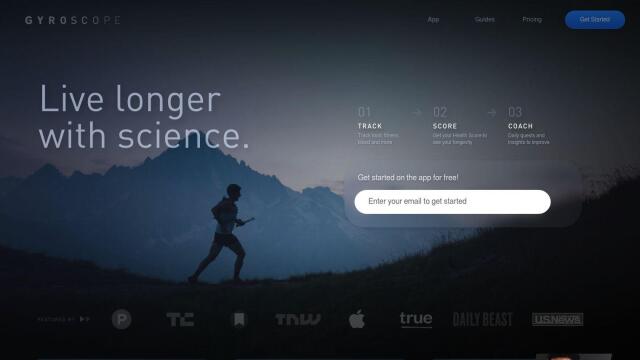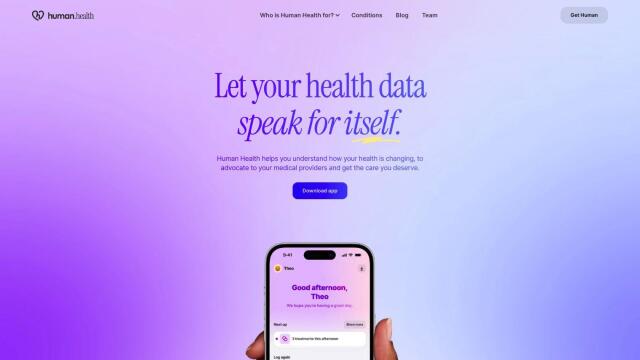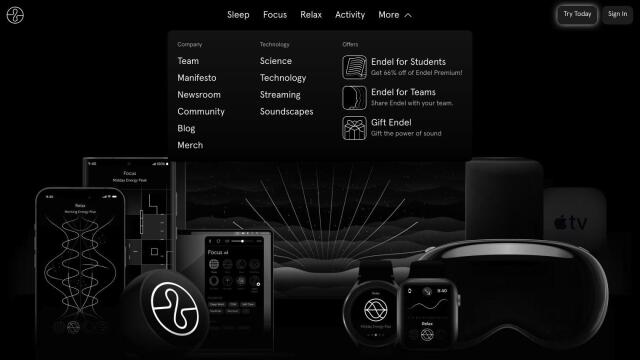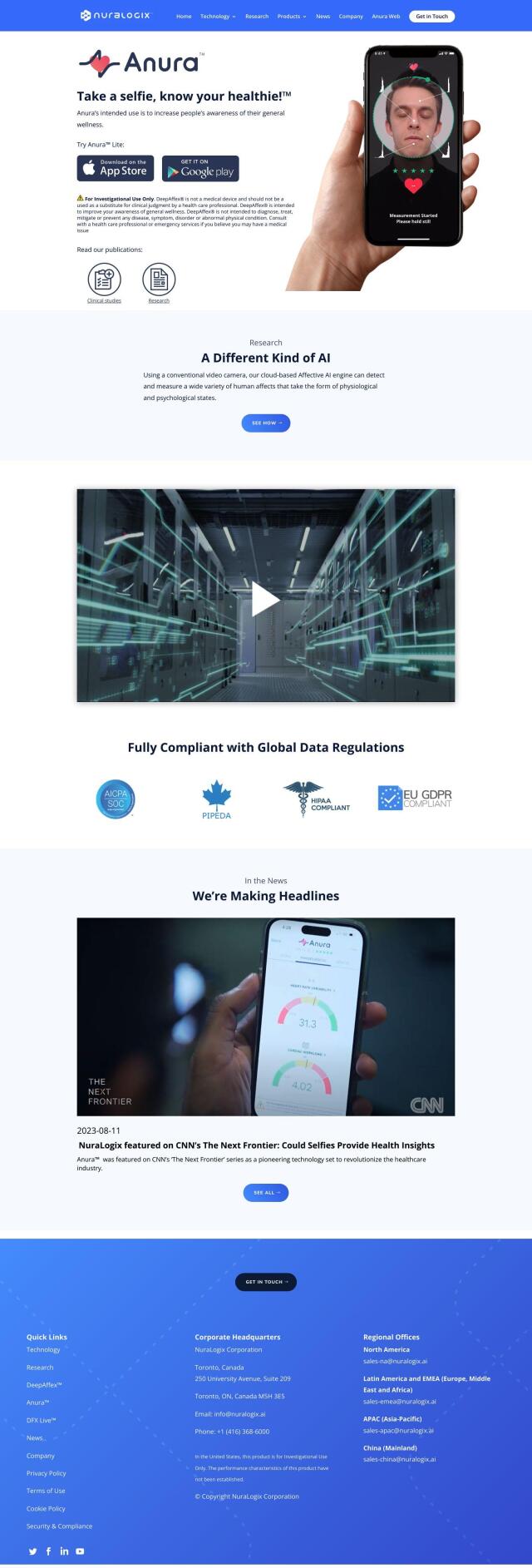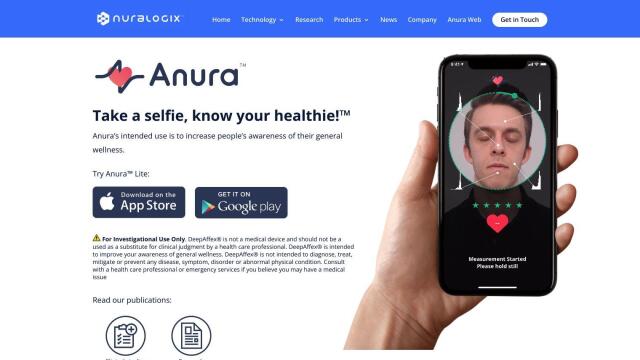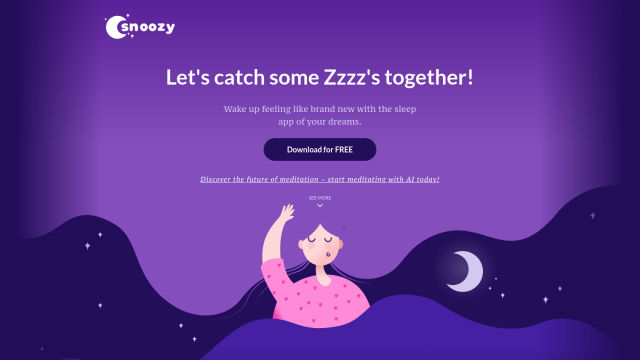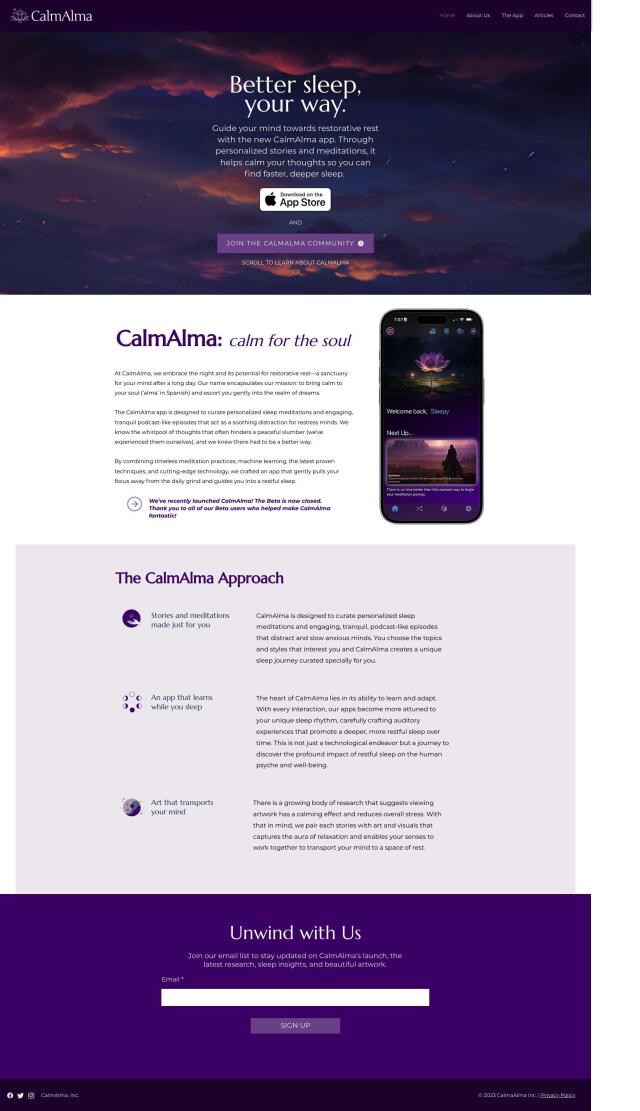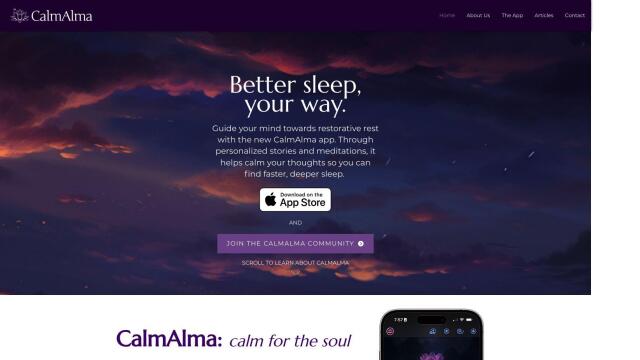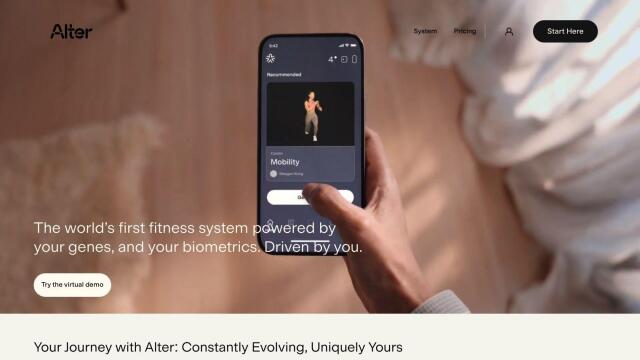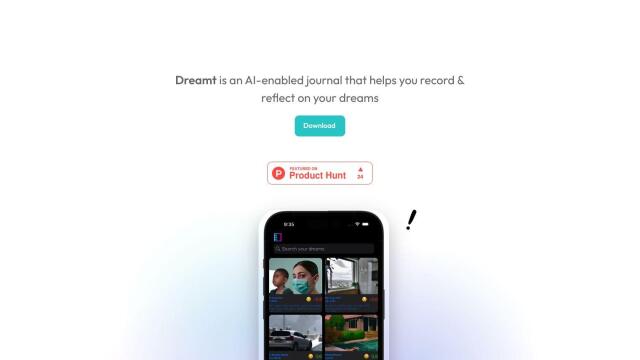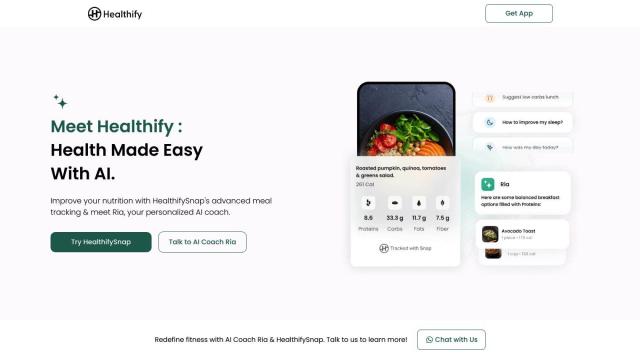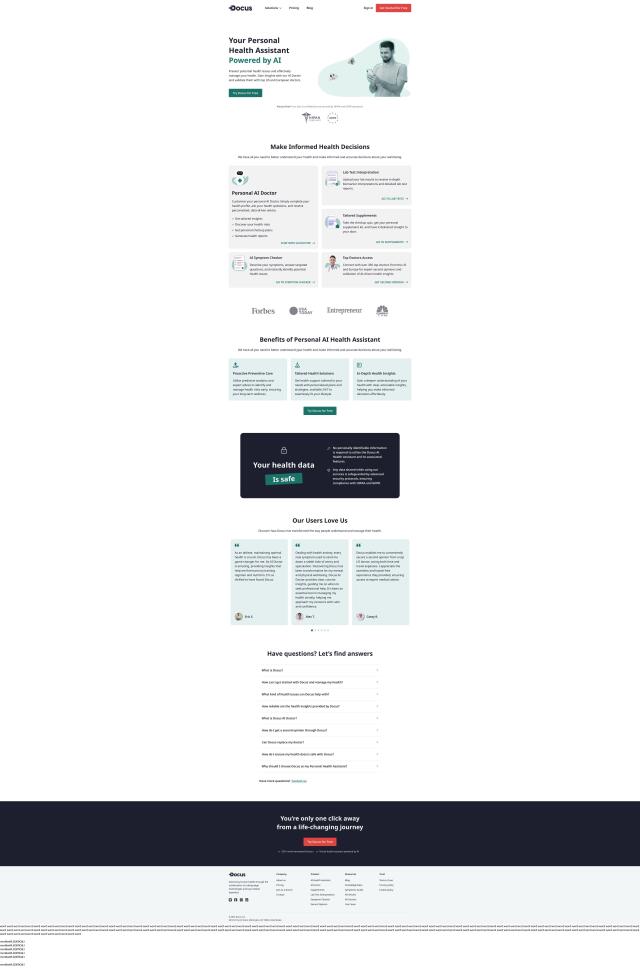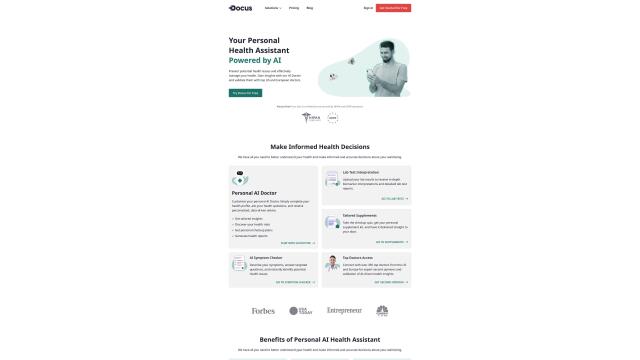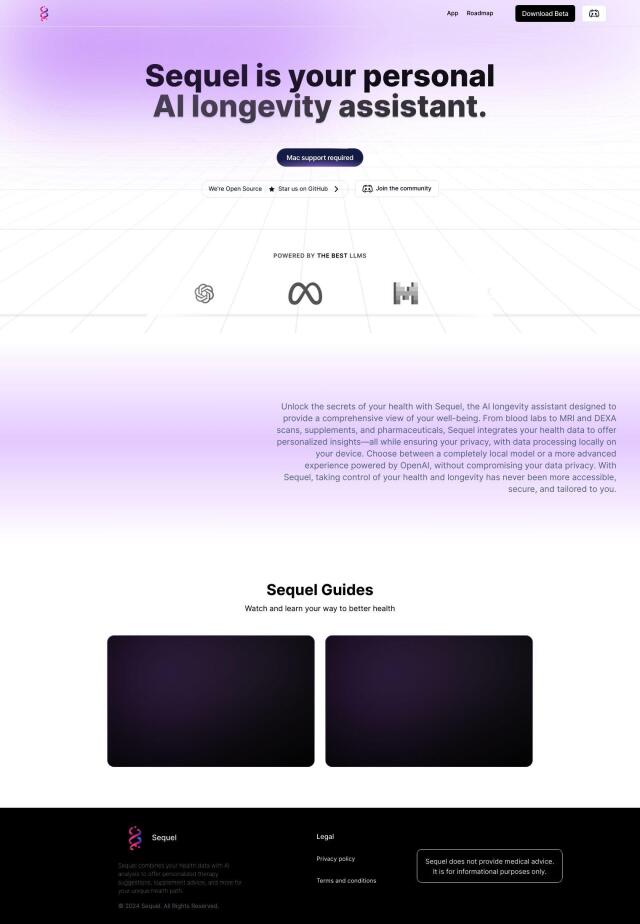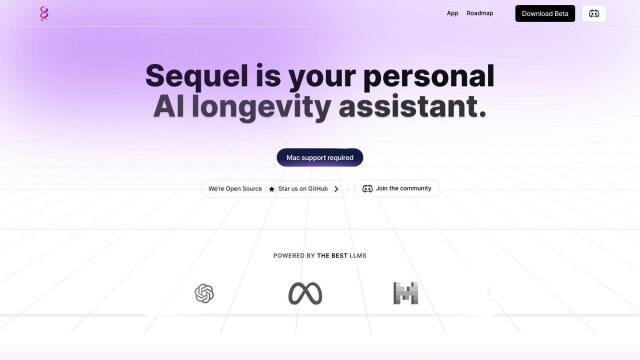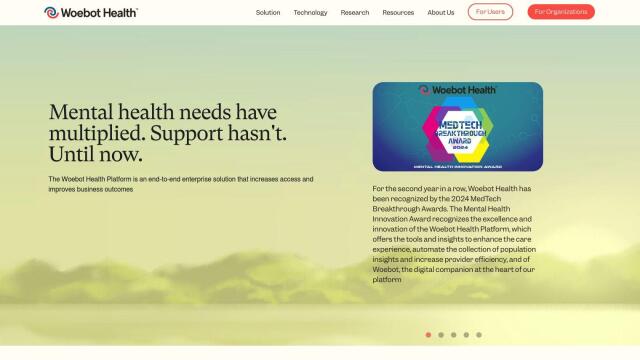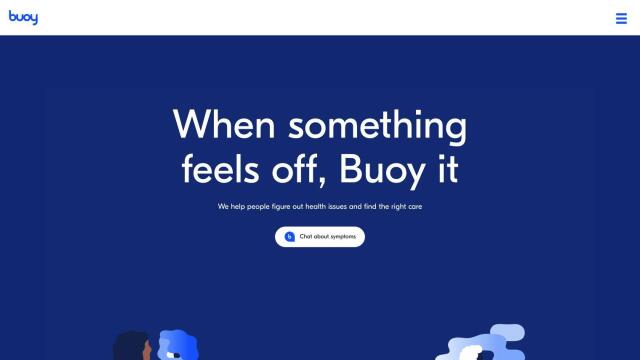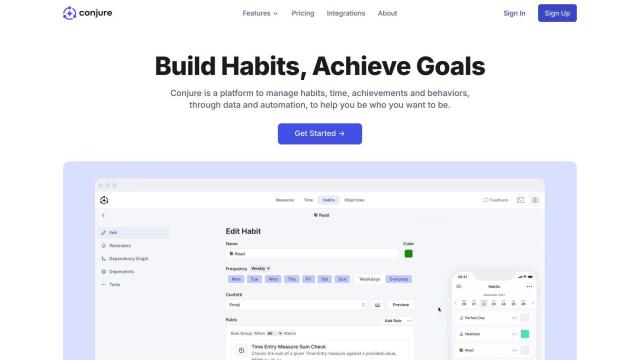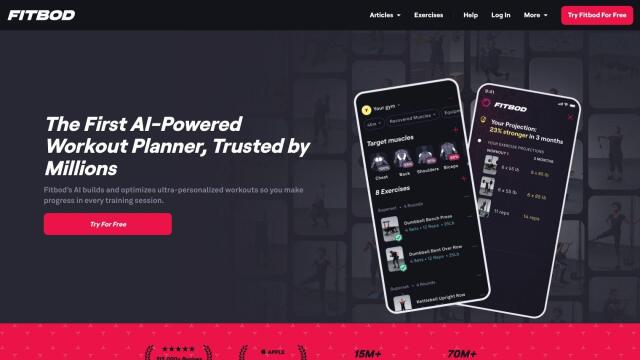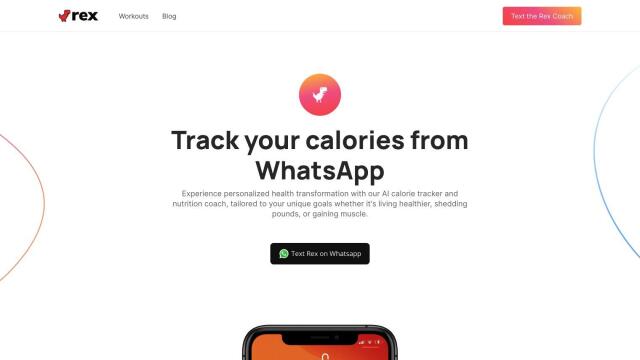Question: I'm looking for a sleep tracker that can monitor snoring and provide accurate sleep statistics, do you know of any?
Sleeptracker-AI
The Sleeptracker-AI platform stands out in particular. It combines AI and machine learning techniques to analyze high-fidelity sleep recordings, providing insights into sleep patterns and trends over time. It can monitor vital signs, respiratory events and sleep stages in real time, and AI-based analysis has an accuracy of 90% or better. That makes it a good option for doctors and patients who want to monitor and understand sleep.
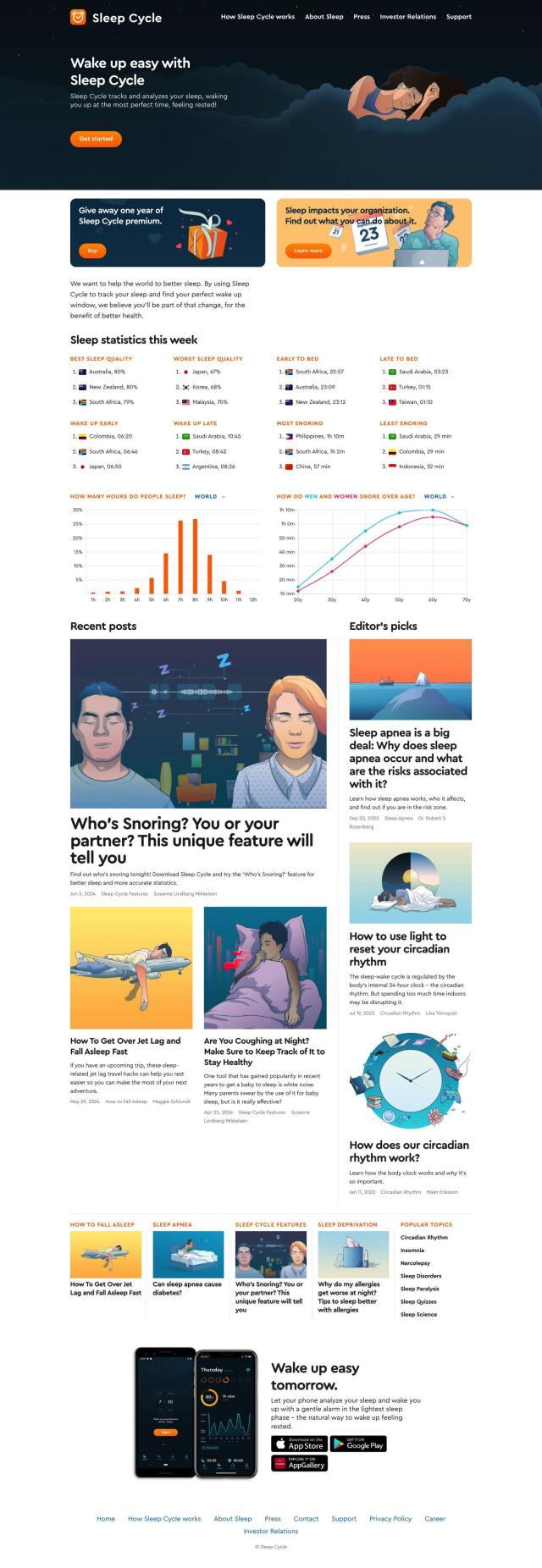
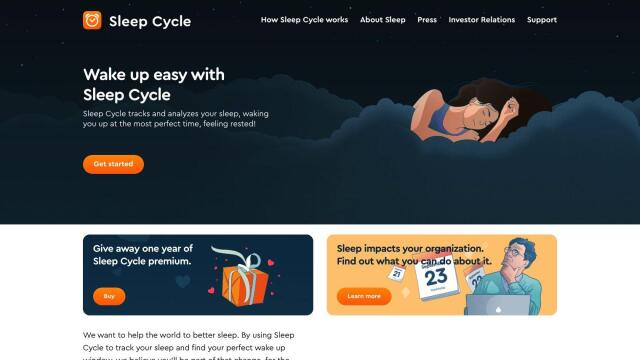
Sleep Cycle
Another option is Sleep Cycle, which tracks sleep patterns but also has a "Who's Snoring?" feature to figure out who's responsible for the racket. It analyzes sleep patterns to wake you up during your lightest sleep phase for the best rest. The app also has a lot of sleep-related information and advice to help you overcome sleep disorders.


WHOOP
For a more integrated approach, check out WHOOP, an all-in-one wearable device that tracks sleep, strain, recovery and other biometric data points. It offers personalized recommendations for optimizing daily routines, workouts and recovery, which can help you improve sleep by addressing related health factors. The device is geared for athletes but anyone can use it to try to optimize sleep and recovery with data-driven insights.

